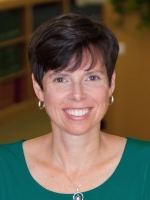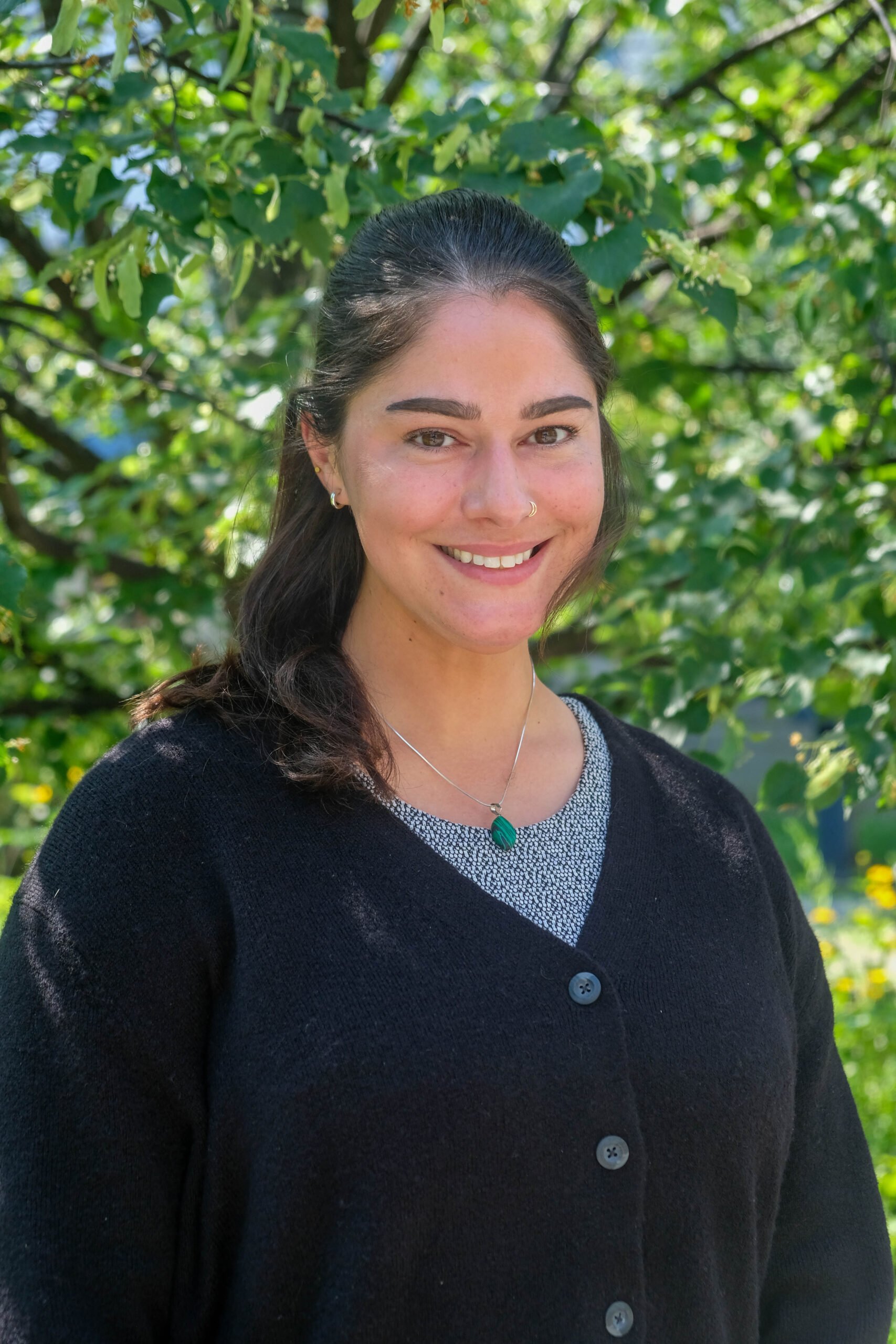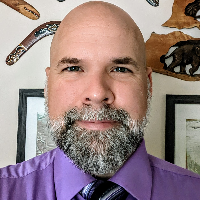Center for Scholarly and Science Communication

Enhancing Research Communication at UVM
Effective research communication is not solely determined by its importance but also by how it’s perceived by others. The Center for Scholarly and Science Communication at the University of Vermont (UVM) is dedicated to empowering UVM researchers, including students, faculty, and staff, to communicate their research proficiently to both scholarly peers and the general public. By offering guidance and certification through courses and micro-credentialing in public speaking, persuasive writing, data presentation (including data visualization techniques), and strategic use of social media (including content creation and public profile management), the Center aims to support endeavors such as securing grant funding, influencing public policy positively, fostering industry partnerships, and facilitating constructive community engagement in addressing local and global challenges.
While the Center will have a physical presence within the UVM Libraries, it will serve as a collaborative hub, bringing together communication experts from across the university to develop and administer its programs and services.
Transforming Research for a Better World
Purpose (Adapted from https://journalism.colostate.edu/research-outreach-creative-scholarship/center-for-science-communication/)
Enhancing Research Impact: By helping researchers communicate their work effectively to both fellow scholars and the broader public, the center aims to increase the impact and relevance of research. This can lead to a greater influence on public policy, more successful grant proposals, and a broader reach within the scientific community.
- Promoting Public Understanding: Science can be complex, and the center seeks to bridge the gap between scientific experts and the general public. It strives to make scientific concepts and findings more accessible and understandable to non-experts, thereby promoting scientific literacy and informed decision-making.
- Supporting Researchers: The center often offers resources, training, and guidance to researchers, including students, faculty, and staff, to improve their communication skills. This support can encompass various forms of communication, such as public speaking, persuasive writing, data visualization, and social media engagement.
- Addressing Science Communication Challenges: The center may engage in research to identify and address specific challenges in science communication. This could involve studying public perceptions of science, evaluating the effectiveness of different communication strategies, and developing best practices for conveying scientific information.
- Community Engagement: Many science communication centers extend their efforts beyond academia to engage with local communities, policymakers, businesses, and other stakeholders. They aim to facilitate productive dialogues, build relationships, and collaboratively tackle societal challenges related to science and technology.
- Sustainable and Inclusive Practices: The center may promote ethical and sustainable practices in science communication, ensuring that communication efforts are transparent, accurate, and inclusive of diverse voices and perspectives.
- Credentialing and Certification: Some centers offer certificates or micro-credentials in science communication to formally recognize individuals who have developed proficiency in conveying scientific information effectively.
Goal
Our mission is to improve communication in the fields of sustainable agriculture, environmental studies, and healthcare. Through research, teaching, mentoring, training, and outreach, we empower stakeholders to effectively communicate scientific knowledge and provide expert solutions to challenges in science communication.
Team

Denise Hersey
Director of Dana Health Sciences Library

Angela Ferrante
Public Relations Manager for the Larner College of Medicine

Kendall Fortney
Director of the Vermont Open Source Program Office
Connect with Us
We want to find others interested in the Center or hear your great ideas for what we can do!
